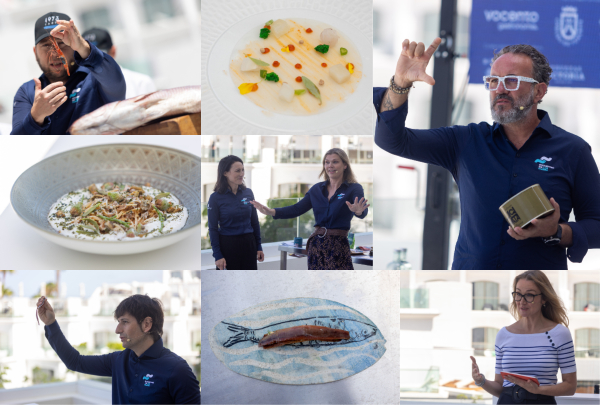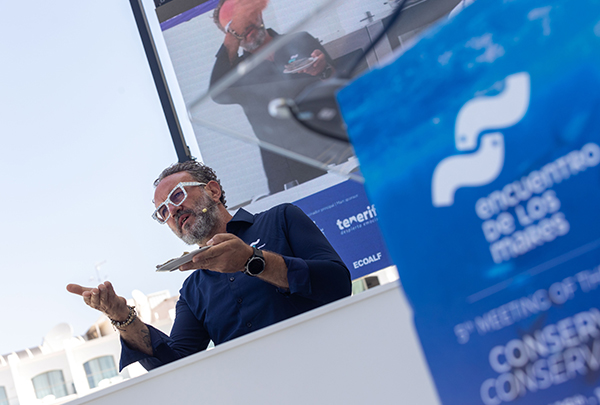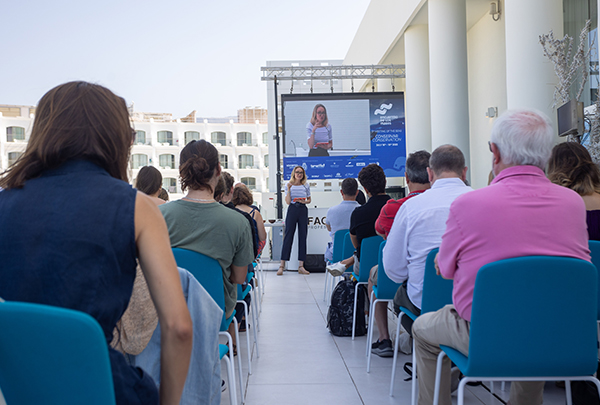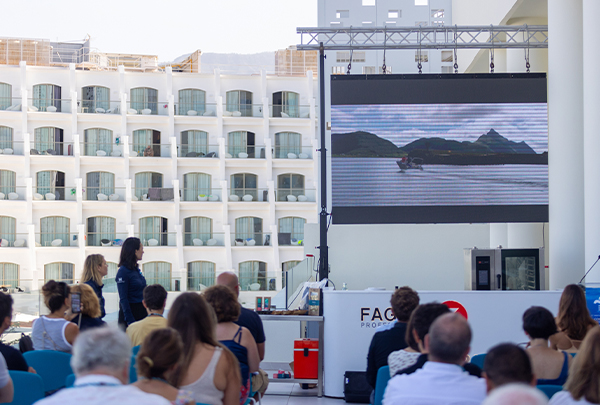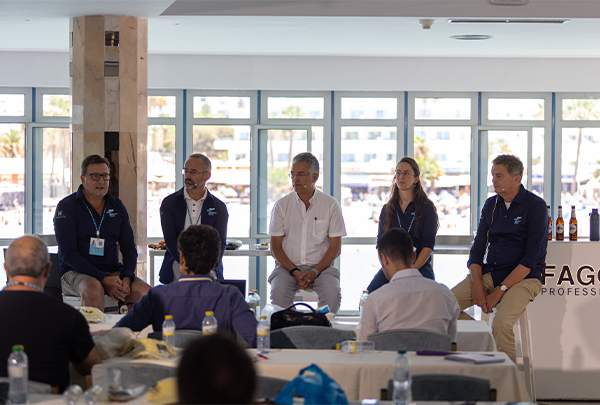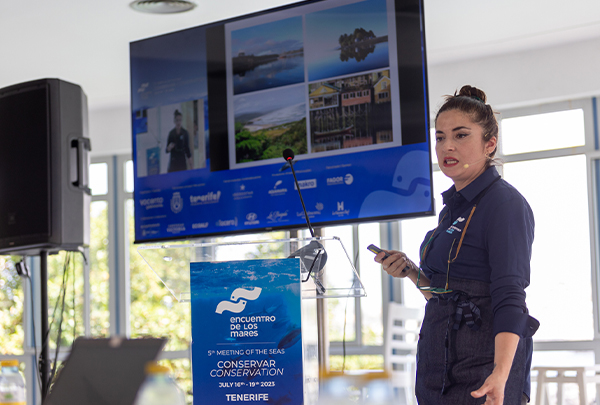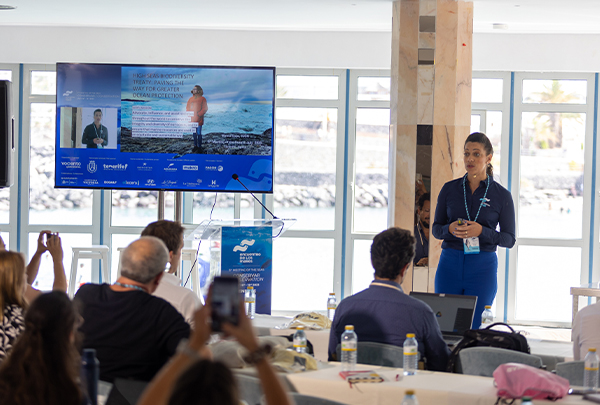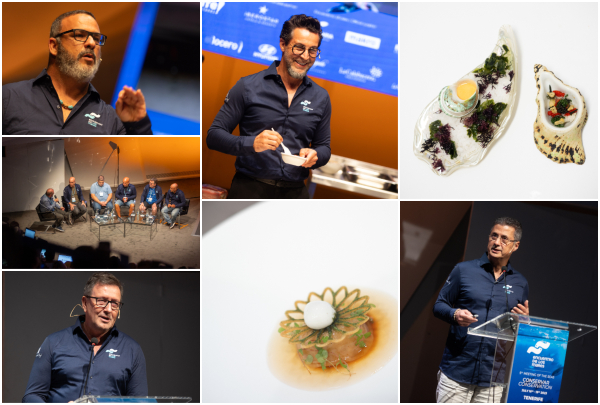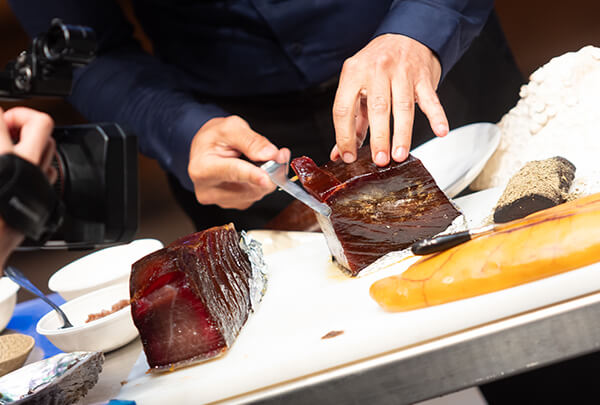News
The live nature market, or the profitable fight against climate change
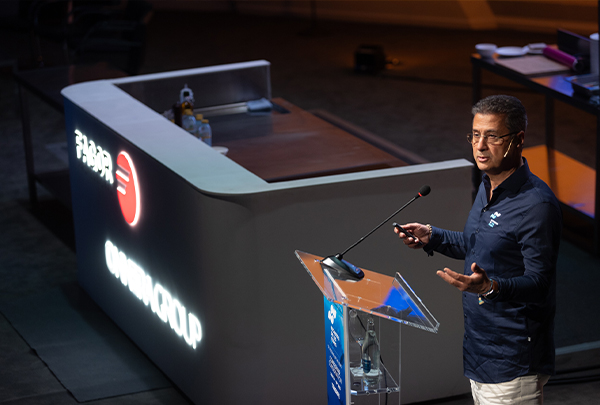
With more than 30 years' experience as a financial economist working with institutions such as the International Monetary Fund and the World Bank, Ralph Chami decided to give his professional career another slant to focus on natural capital, portraying an economy working for nature instead of against it.
And so, this graduate from Beirut's American University, holder of a master's in Finance and Statistics from the University of Kansas and a Ph.D in Economics from Johns Hopkins University, left his job at the International Monetary Fund to address the two greatest risks facing humanity, i.e. climate change and biodiversity loss, "which are happening simultaneously, and so we must address them simultaneously, because we don't have time to do it separately. And in this endeavour, it is just as important to invest in the reduction of carbon emissions as it is to invest in eliminating the carbon already in the atmosphere. Here nature is a great ally", he explained.
An analysis of the situation which led the economist to develop a new field of finance based on science, geared towards investment in live nature and the creation of a positive economy for the survival of the planet. “It is essential to understand the service nature provides to care for the planet, and to put a price tag on that service - monetising, for example, the CO2 captured not only by flora such as seaweed meadows and mangroves, but also by fauna - for example, elephants on land, or whales and phytoplankton in water masses. That means that these services can be contracted, protecting and empowering the natural resources and valuable assets we possess".
Profitable economy, with coherent prices and legal guarantees
Live nature is therefore a key component in the future of our welfare as human beings. “In financial terms we say it is macrocritical, because according to science it has an intrinsic value, and a social value that can be converted into dollars. Attaching a basic price tag to these services provided for us by nature is essential, and so we need a preliminary quantification of the amount of carbon eliminated, and also legal guarantees to perpetuate the system regardless of changes of government and the futures of businesses", argued Chami.
In short, the new paradigm is based on a profitable market designed to satisfy the needs of suppliers (governments, indigenous communities) and also demand (businesses, private sector), because investors and companies will perceive a perfect formula for environmental responsibility, or will see live nature as a source of revenue, and governments will see these resources as genuine assets in which they will be willing to invest in order to protect and maintain them. Chami believes this is the only way to "bring about a beautiful tomorrow in which all parties have something to gain, protecting live nature, exploiting the basic services it provides us with coherently and respectfully, and thus helping to protect future generations, and in short, humanity", he concluded.

